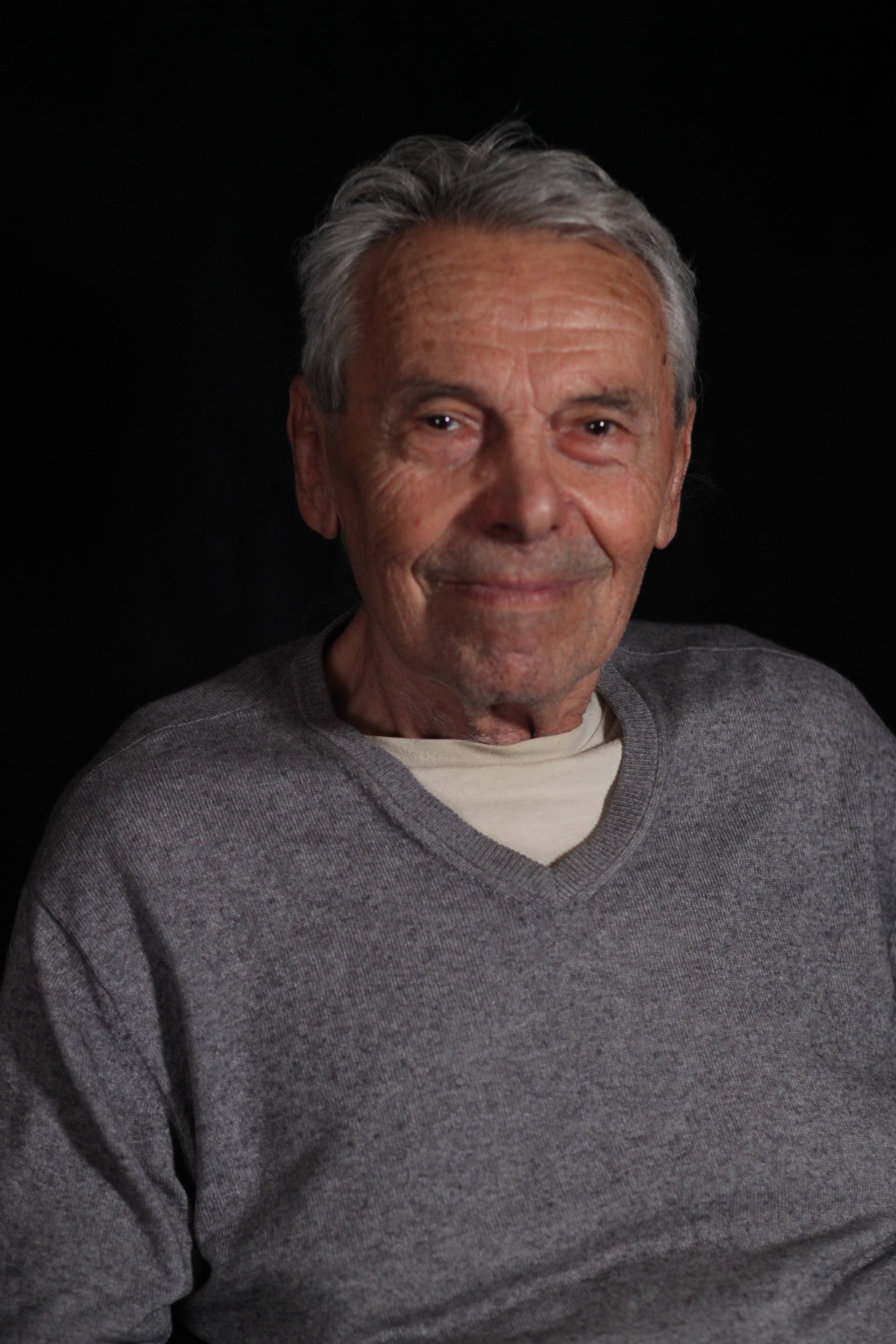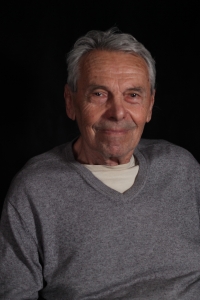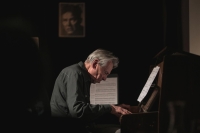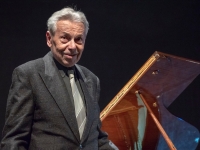People who helped ‚non-regime‘ artists during totalitarianism are forgotten

Stáhnout obrázek
Josef Picek was born on 24 December 1938 in Podlažice. His parents worked as teachers. Mum taught Czech and history, dad taught mathematics, physics and chemistry. The whole family lived in a small apartment without water and electricity. He remembers how during the war years Germans, Russian Liberation Army and Red Army soldiers lived in their house. After the war, he started going to a boys‘ school in Chrast near Chrudim. Soon he started playing the piano and his first teacher was Sister Cecilia in the convent in Chrast. He graduated from the chemical industry, but he was still learning to play the piano. He took private lessons with Professor František Rauch at the Academy of Performing Arts in Prague. After graduation he studied at the Faculty of Education of Charles University, majoring in Czech language - music education. He spent 1968 at the Czechoslovak Radio in Hradec Králové as a music editor and director. The Hradec studio was significantly involved in the anti-occupation broadcasts of Czechoslovak Radio in the days of August 1968. He had to leave radio during the normalisation period and after a short stint at the Vítězný únor theatre in Hradec Králové he had trouble finding employment. He then began teaching at the Folk School of Arts in Jičín. Eventually he managed to get into the conservatory in Prague, directly into the fourth year. In the fifth year he won the first competitive show of Czechoslovak conservatories in piano playing. In 1978 he began teaching at the newly founded music conservatory in Pardubice. He then graduated from the Academy of Performing Arts under Professor Zdeněk Jílek. In 1989 he was a spokesman for the Civic Forum of the Pardubice Conservatory. He also worked as a choirmaster of the choirs Vokální harmonie and Harmonia Nova. He composed incidental music for the East Bohemian Theatre in Pardubice and of course also performed as a solo pianist or in various chamber groups. He was also a sought-after accompanist. In 2021 he was living in Pardubice and still devoted to music.


